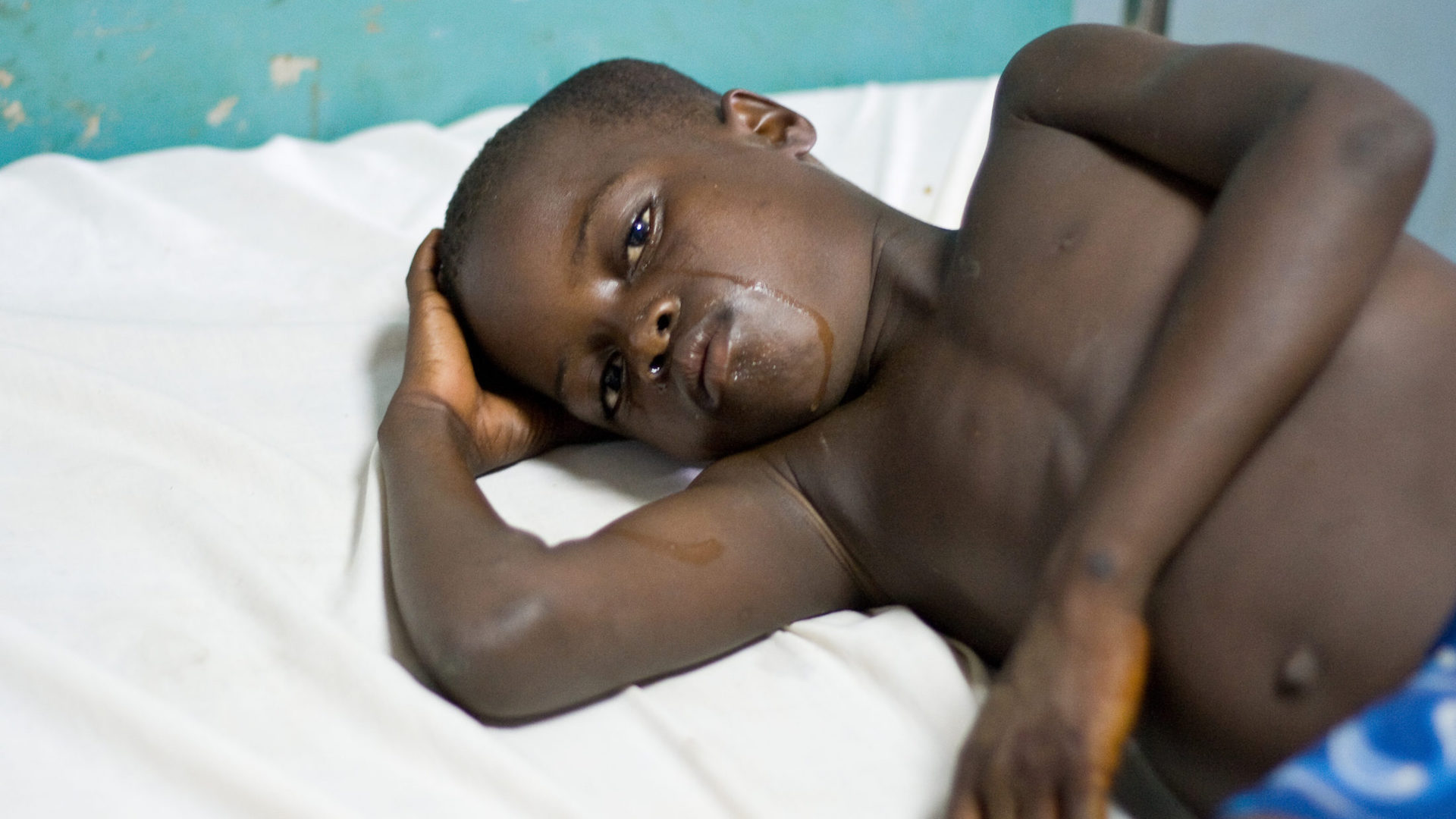
It happens every few years or so. The outbreaks in rural villages slowly infiltrate the larger cities. And the bubonic plague, the “Black Death” epidemic of the past for most developed countries, surfaces once again in Madagascar.
The plague became the norm during my childhood as a missionary kid there. My family learned to be cautious when outbreaks flared, making sure the dogs had extra flea treatments and the garage was rid of rats. Any sign of the flu meant a doctor’s visit and a round of antibiotics, even for my anti-medicine mother. Thankfully my family has never been infected.
Each outbreak usually runs its course quickly. This time—right now—is different.
I have been living in the US to attend college for the past three years. My parents are still serving on the Island of Madagascar. When my mother mentioned the plague in Mada to me this year, I shrugged it off as a regular occurrence. “No, it’s different this time,” she said. “Much worse.”
My mother does not believe in dramatic reactions, so her response to the current epidemic surprised me. The woman who hardly believes in hand sanitizer is now telling me her plans to wear a mask and gloves when she does her weekly grocery shopping.
She’s right. The current outbreak surfaced in August and has claimed 127 lives to date. The crisis is compounded by the pneumonic plague, making this double epidemic unlike any health crisis the island has ever seen. The harsh reality of the situation began to sink in as Madagascar’s government issued official requests for people to avoid any large gathering, church included.
The Epidemic of Fear
This medieval plague is keeping people in Antananarivo—Madagascar’s capital—away from church buildings, which are often rat-infested and would place large groups together. The absent congregations give evidence of another symptom of the plague: fear. The disease itself, of course, is a danger, but the fear spread through this epidemic is a sign of the effect physical ailments can have on spiritual well being.
Whether the plague, cancer, or a common cold, sickness can be one of the most frightening circumstances we face because of our utter lack of control. Sometimes it doesn’t matter how often we wash our hands or abstain from poor health habits. Sickness, in God’s sovereignty, happens. When an epidemic hits in Madagascar, we can take precautions, but ultimately the situation lies in God’s hands, and our worries must be given over to him.
“It is in times of trouble when the redemptive power of the gospel has the potential to shine brightest.”
Letting the peace of Christ rule in my heart is a lesson I learn daily as fear and worry often take hold of me. The what-ifs of my parents’ safety creep into my mind on occasion. I know we have faced harsher dangers together, and we will likely face them again. As I watch the epidemic unfold, I must trust my family in Madagascar to the Lord.
Should Missionaries Stay or Flee?
Meanwhile, the rising death toll increases the weight of the decision on those in Madagascar who have the funds or connections to leave: Do I stay and engage, or do I flee for safety? As the plague has come and gone throughout the years, well-meaning people in the US have asked my family if we have plans to evacuate.
However, it is in times of trouble when the redemptive power of the gospel has the potential to shine brightest. Leaving during a crisis would mean missing a huge opportunity to share the peace Christ offers with those who need something to cling to and faith to comfort them.
Serving overseas and spreading the gospel is a calling greater than our desire for self-preservation. When God calls Christians to stay in a potentially dangerous situation, the missionary and the sending church back home must place their faith in the protection and peace only God grants. They can have faith that no matter the outcome of a situation, it will work out for the glory of God.
Churches at home can pray for the physical and spiritual safety of the missionaries on the ground. We can all rest in the same faith that led the apostle Paul to write in 2 Corinthians 1:10–11: “He has delivered us from such a deadly peril, and he will deliver us again. On him we have set our hope that he will continue to deliver us, as you help us by your prayers” (NIV).
How You Can Prayerfully Support Missionaries in Madagascar
In the coming weeks, the IMB missionaries in Antananarivo will begin an emergency relief program to combat the bubonic and pneumonic plagues. With care and safety considerations, they will distribute educational flyers detailing disease prevention, assist in spraying rat-infested church buildings and the surrounding areas, and hold informational presentations about the diseases to ensure that even the illiterate are educated about prevention and protection. Here are four requests for prayer given by missionaries in Madagascar.
- Pray for the relief program to be successful and for God to use it to eradicate the plague.
- Ask God to physically protect the missionaries and church partners. They are gathering in large groups and walking the streets to implement the relief plan.
- Pray for discernment among medical professionals about how to properly treat the sick. Pray for those who have been infected, that the disease will not progress.
- Ask God to deliver a peace of mind and spirit as the nation faces terror in the form of sickness.
Jasmine Emeish spent the majority of her life as a missionary kid on the island of Madagascar. She currently works and studies in Southern California.

